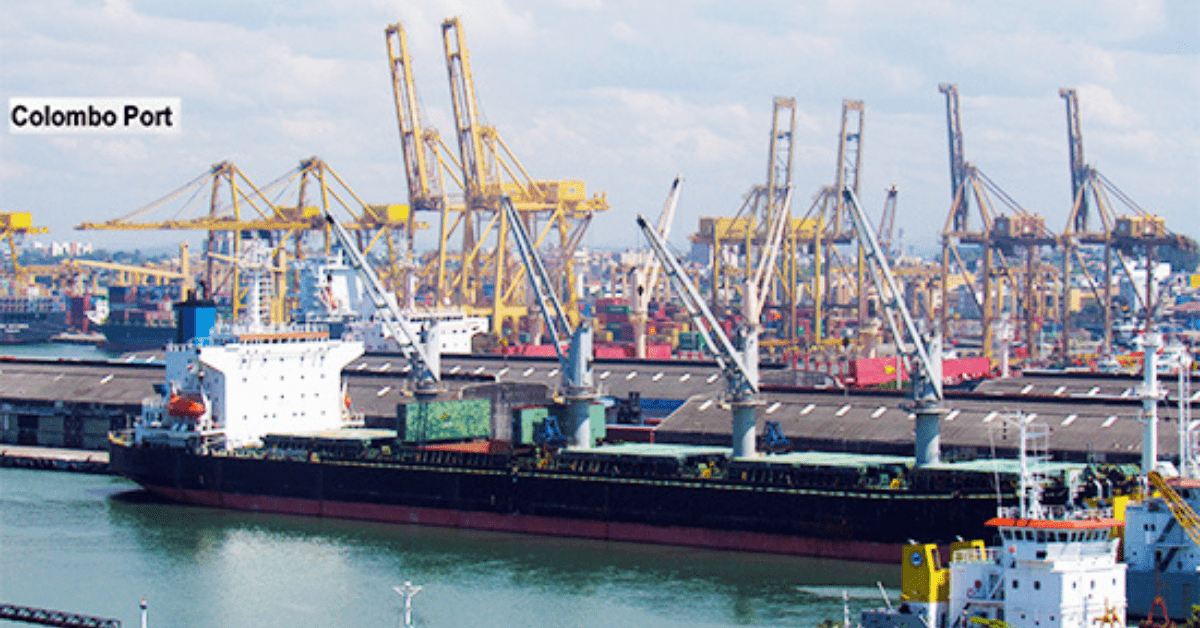In a recently published report called “Closing the Gaps” the World Bank and the International Association of Ports and Harbours (IAPH) presented a joint action plan to improve the global port infrastructure to better serve shipping companies and other stakeholders.
In particular, they outlined future port infrastructure challenges and revealed their next steps to address them.
According to World Bank and IAPH, many ports were not prepared for the extreme fluctuations in demand they have suffered since the start of the covid-19 pandemic. The supply chain crisis was the result of delayed investment to address three challenges – decarbonisation, digitisation and disruption – which led to a “Grand Entanglement” of interrelated and unconnected problems among supply chain stakeholders.
Addressing digitisation as an area of investment needed to address supply chain problems, the report proposes that, “port authorities have the potential to encourage data collaboration and the potential unification of port stakeholders’ interests to reduce inefficiencies and increase supply chain fluidity.”
Among other action points to encourage greater infrastructure investment, the World Bank will be refreshing its Port Reform Toolkit, which aims to provide policymakers and practitioners with effective decision support in undertaking sustainable and well-considered reforms of public institutions that provide and regulate port services in developing countries. IAPH will also be contributing to the new toolset.








